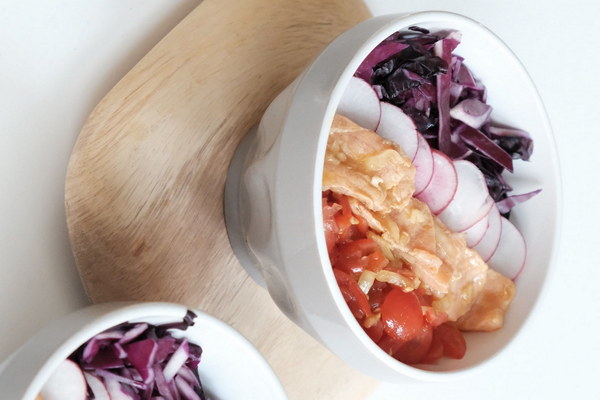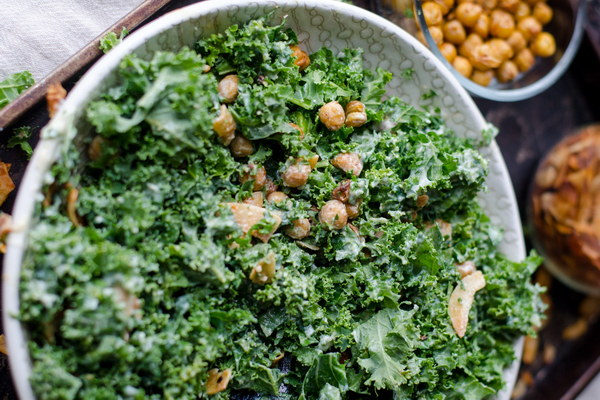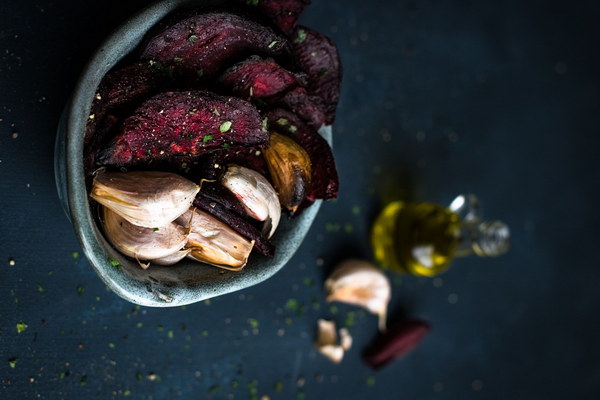Optimizing Liver and Stomach Health A Comprehensive Intravenous Therapy Plan
In today's fast-paced world, the importance of maintaining a healthy liver and stomach cannot be overstated. These vital organs play crucial roles in our overall well-being, and any dysfunction in their processes can lead to a host of health issues. To address these concerns, a comprehensive intravenous therapy plan has been designed to support liver and stomach health. This article outlines the key components of this therapy, its benefits, and the reasons behind its effectiveness.
Introduction
The liver is responsible for filtering toxins from the blood, producing bile for digestion, and metabolizing nutrients. Conversely, the stomach is integral to the digestive process, breaking down food and absorbing nutrients. When either of these organs becomes compromised, it can lead to conditions such as hepatitis, cirrhosis, gastritis, and more. To counteract these challenges, intravenous therapy offers a direct and efficient way to deliver essential nutrients and vitamins to these organs.
Key Components of the Liver and Stomach Intravenous Therapy
1. Vitamin C: Known for its powerful antioxidant properties, Vitamin C helps protect the liver from oxidative stress and supports its detoxification processes. It also aids in the production of collagen, which is crucial for maintaining the integrity of the stomach lining.
2. Vitamin B Complex: This group of vitamins is essential for the liver's metabolic functions, including the breakdown of fats, carbohydrates, and proteins. B vitamins also play a role in maintaining the health of the stomach lining.
3. Glutathione: Often referred to as the body's master antioxidant, glutathione is crucial for detoxifying the liver and protecting it from the harmful effects of free radicals. It also supports the immune system, which is vital for both liver and stomach health.
4. Magnesium: Magnesium is involved in over 300 biochemical reactions in the body, including those that support the liver's detoxification process. It also helps regulate muscle and nerve function, which can be beneficial for the stomach's muscular contractions.

5. Amino Acids: Certain amino acids, such as taurine and glycine, are important for liver health. They help protect the liver cells from damage and support its ability to metabolize fats.
6. Hydration: Adequate hydration is crucial for both the liver and stomach, as it aids in the elimination of waste products and maintains the proper balance of digestive enzymes.
Benefits of Intravenous Therapy for Liver and Stomach Health
- Enhanced Detoxification: The nutrients delivered through intravenous therapy can enhance the liver's ability to detoxify harmful substances, reducing the risk of liver disease.
- Stomach Healing: By providing essential nutrients and vitamins, the therapy can help heal the stomach lining, reduce inflammation, and prevent further damage.
- Improved Nutrient Absorption: Intravenous delivery ensures that the nutrients are absorbed directly into the bloodstream, bypassing the digestive system and providing a quick and effective way to nourish the liver and stomach.
- Boosted Immune System: A robust immune system is vital for protecting the liver and stomach from infections and other health issues.
- Energy and Vitality: As the liver and stomach function more efficiently, individuals may experience increased energy levels and a general sense of well-being.
Conclusion
Intravenous therapy for liver and stomach health offers a targeted and effective approach to addressing common issues affecting these vital organs. By delivering essential nutrients and vitamins directly into the bloodstream, this therapy can support detoxification, promote healing, and enhance overall well-being. Whether you're looking to prevent potential health problems or address existing concerns, an intravenous therapy plan tailored to support liver and stomach health may be just the solution you need.









